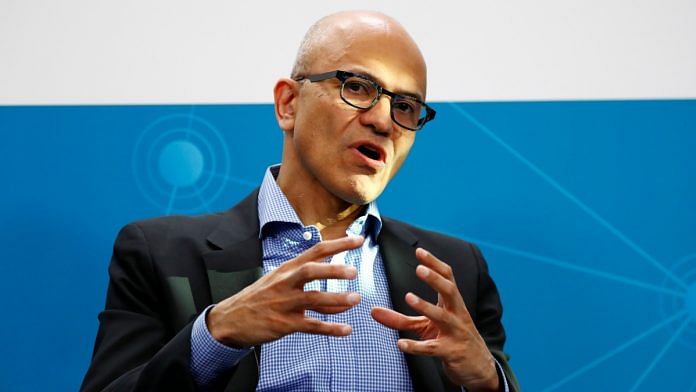Microsoft Corp. was never going to rival Apple Inc. in retail, or gain much from it. The coronavirus pandemic provided a good opportunity to face that fact and throw in the towel.
On Friday, the software giant announced it will permanently close all of its Microsoft Store brick-and-mortar locations. The company’s stores, which were primarily based inside malls, were temporarily shuttered in late March in response to the Covid-19 pandemic. Now, Microsoft says it won’t reopen them and will instead invest only in digital offerings to serve its customers – including one-on-one video conferencing customer support, online training and workshops. Shutting down the stores will result in an approximate $450 million pre-tax charge for Microsoft’s current quarter, or five cents a share, the company said.
The move marks the end of a chapter for a strategy that didn’t make much sense in the first place. In 2009, Microsoft started its retail store chain in an obvious quest to follow up on Apple’s retail magic. The company eventually built out some 83 stores in total, compared to Apple’s 510 locations today. But from the beginning it seemed like the Microsoft Store concept was an inferior copycat, using a similar design aesthetic with its long wood product display tables and all glass exteriors, that was never as good as the original. Whenever I visited local malls, the Microsoft Store was always nearly empty compared to the Apple Store, which was regularly packed with customers.
The thing is, Apple always had a wide array of popular hardware and devices to sell – from smartphones, computers to tablets – along with a passionate customer base that thirsted for those products. Microsoft had neither of those things. Perhaps the early failure of Microsoft’s Zune music player, compared with Apple’s iPod, is a great symbolic example of the divide between the two companies. Yes, Microsoft does have a moderately successful lineup of laptops and its Xbox consoles are a big player in the videogame industry, but there was never a true need to offer a retail destination for its products that were easily available for purchase elsewhere.
Hardware isn’t Microsoft’s future anyway — it’s all about software and services. The company has become a leader in cloud-computing, cloud-subscription software and even has a budding, promising gaming subscription service. It would be wise to focus on its core strengths and not be distracted by something that is obviously not working.
The coronavirus pandemic is forcing corporations to reassess their strategies regarding how best to compete and allocate their resources. For many in the physical retail space, it may to take years before they achieve a true turnaround to pre-pandemic levels. With the short- and intermediate-term prospects for its mall-based storefronts so murky, it is smart for Microsoft to cut its losses and move on.
Also read: Covid has been hard on journalism. AI can help — without taking your job



